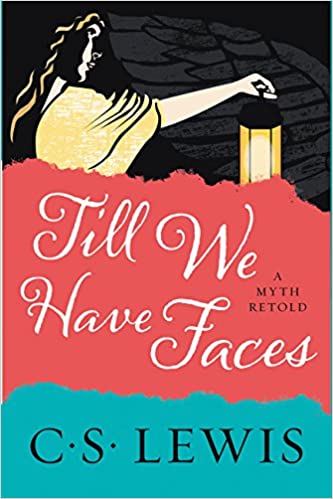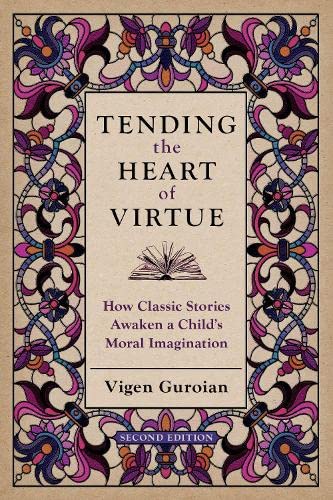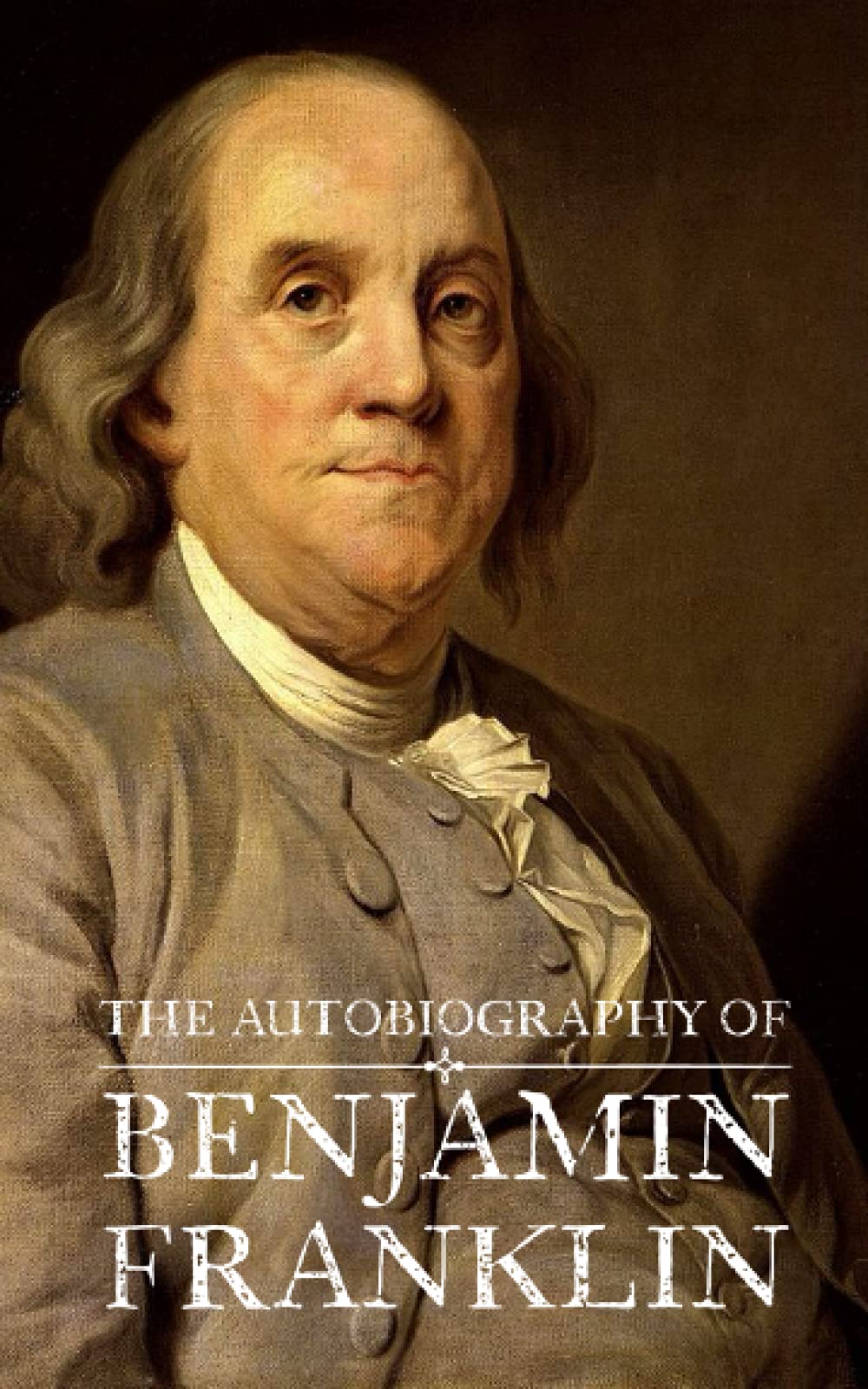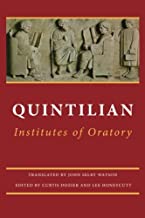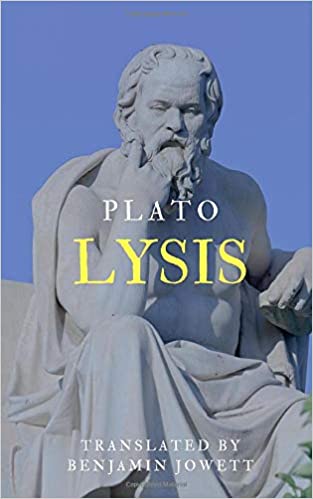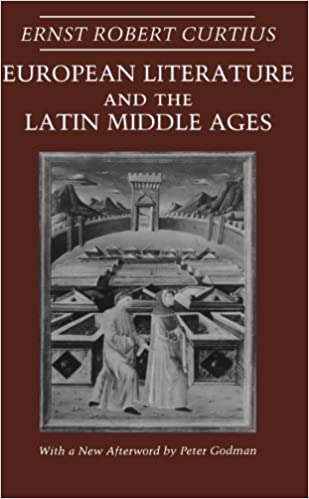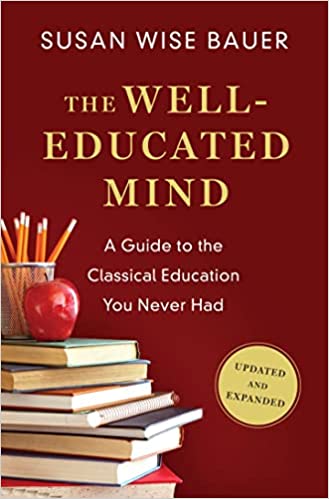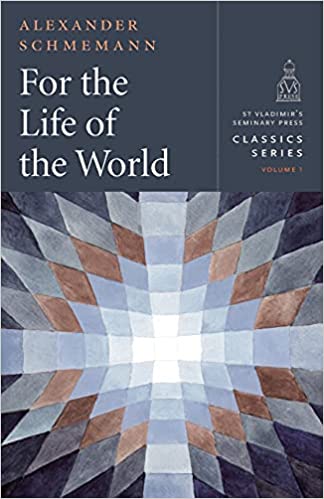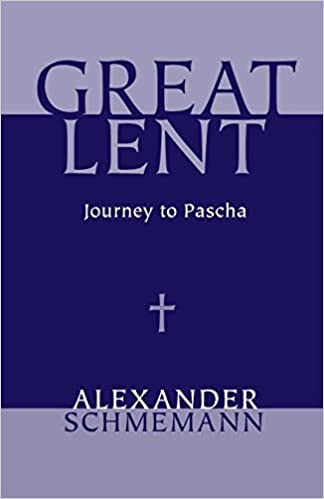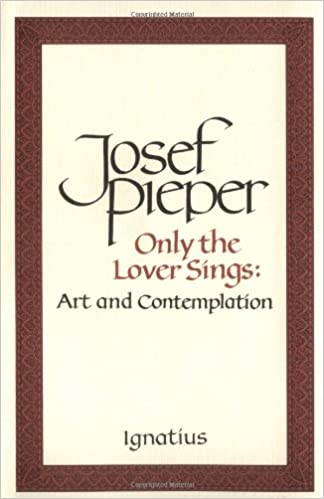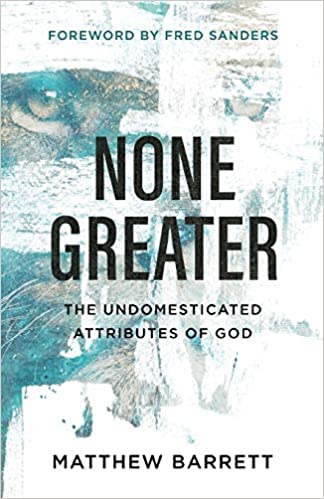Till We Have Faces
C. S. Lewis—the great British writer, scholar, lay theologian, broadcaster, Christian apologist, and bestselling author of Mere Christianity, The Screwtape Letters, The Great Divorce, The Chronicles of Narnia, and many other beloved classics—brilliantly reimagines the story of Cupid and Psyche. Told from the viewpoint of Psyche’s sister, Orual, Till We Have Faces is a brilliant examination of envy, betrayal, loss, blame, grief, guilt, and conversion. In this, his final—and most mature and masterful—novel, Lewis reminds us of our own fallibility and the role of a higher power in our lives.
More info →Tending the Heart of Virtue: How Classic Stories Awaken a Child’s Moral Imagination
From Pinocchio to The Chronicles of Narnia to Charlotte's Web, classic children's tales have shaped generations of young people. In recent years, homeschoolers and new classical schools have put these masterpieces of children's literature at the center of their curricula. And these stories continue to be embraced by parents, students, and educators alike.
In Tending the Heart of Virtue, Vigen Guroian illuminates the power of classic tales and their impact on the moral imagination. He demonstrates how these stories teach the virtues through vivid depictions of the struggle between good and evil, while he also unveils components of the good, the true, and the beautiful in plot and character. With clarity and elegance, Guroian reads deeply into the classic stories. He demonstrates how these stories challenge and enliven the moral imaginations of children. And he shows the reader how to get "inside" of classic stories and communicate their lessons to the child.
More info →Institutes of Oratory
This is the first single-volume English translation of the "Institutio Oratoria," a treatise on all stages of the orator’s education that was written in Latin under the emperor Domitian (81–96 CE) by the Roman rhetorician and teacher Marcus Fabius Quintilianus, commonly known as Quintilian. In the course of twelve books Quintilian discusses the education of young children, rhetorical theory (including discussion of invention of arguments, arrangement, style, memory, and performance), literary criticism and history, gesture, rhythm, the ethics of persuasion, and much more. It is a treatise that has had a profound influence on education from Late Antiquity through the Renaissance and into the present day. This translation is based on that of the Rev. John Selby Watson, originally published in 1856 in two volumes and now in the public domain. For this edition the editors have updated Watson's widely admired and already very readable translation to reflect 21st century usage. Several other editions of Watson’s translation of Quintilian’s “Institutes” are available, but these are unrevised scans (often of low quality) of out-of-copyright editions and usually include only half the work, even if the title states “in twelve volumes” (this designation is copied from the title page to Watson’s original edition in two volumes). This completely re-typeset edition is the only edition of Watson’s translation to include Quintilian’s complete text in one volume.
More info →Lysis
A new, beautifully laid-out edition of the 1892 translation by Benjamin Jowett (1817-1893) of Plato's classic work.
More info →The Discarded Image: An Introduction to Medieval and Renaissance Literature
In The Discarded Image, C.S. Lewis paints a lucid picture of the medieval world view, providing the historical and cultural background to the literature of the Middle Ages and Renaissance. It describes the "image" discarded by later years as "the medieval synthesis itself, the whole organization of their theology, science and history into a single, complex, harmonious mental model of the universe." This, Lewis’s last book, has been hailed as "the final memorial to the work of a great scholar and teacher and a wise and noble mind."
More info →European Literature and the Latin Middle Ages
In this "magnificent book" (T. S. Eliot), Ernst Robert Curtius (1886-1956), one of the foremost literary scholars of this century, examines the continuity of European literature from Homer to Goethe, with particular emphasis on the Latin Middle Ages. In an extensive new epilogue, drawing on hitherto unpublished material, Peter Godman analyzes the intellectual and political context and character of Curtius's ideas.
More info →The Well-Educated Mind: A Guide to the Classical Education You Never Had
The enduring and engaging guide to educating yourself in the classical tradition.
Have you lost the art of reading for pleasure? Are there books you know you should read but haven’t because they seem too daunting? In The Well-Educated Mind, Susan Wise Bauer provides a welcome and encouraging antidote to the distractions of our age, electronic and otherwise.
Newly expanded and updated to include standout works from the twenty-first century as well as essential readings in science (from the earliest works of Hippocrates to the discovery of the asteroid that killed the dinosaurs), The Well-Educated Mind offers brief, entertaining histories of six literary genres―fiction, autobiography, history, drama, poetry, and science―accompanied by detailed instructions on how to read each type. The annotated lists at the end of each chapter―ranging from Cervantes to Cormac McCarthy, Herodotus to Laurel Thatcher Ulrich, Aristotle to Stephen Hawking―preview recommended reading and encourage readers to make vital connections between ancient traditions and contemporary writing.
The Well-Educated Mind reassures those readers who worry that they read too slowly or with below-average comprehension. If you can understand a daily newspaper, there’s no reason you can’t read and enjoy Shakespeare’s sonnets or Jane Eyre. But no one should attempt to read the “Great Books” without a guide and a plan. Bauer will show you how to allocate time to reading on a regular basis; how to master difficult arguments; how to make personal and literary judgments about what you read; how to appreciate the resonant links among texts within a genre―what does Anna Karenina owe to Madame Bovary?―and also between genres.
In her best-selling work on home education, The Well-Trained Mind, the author provided a road map of classical education for parents wishing to home-school their children; that book is now the premier resource for home-schoolers. In The Well-Educated Mind, Bauer takes the same elements and techniques and adapts them to the use of adult readers who want both enjoyment and self-improvement from the time they spend reading. Followed carefully, her advice will restore and expand the pleasure of the written word.
More info →For the Life of the World
In For the Life of the World Alexander Schmemann suggests an approach to the world and life within it, which stems from the liturgical experience of the Orthodox Church. He understands issues such as secularism and Christian culture from the perspective of the unbroken experience of the Church, as revealed and communicated in her worship, in her liturgy the sacrament of the world, the sacrament of the Kingdom. Of what life do we speak, what life do we preach, proclaim, and announce when, as Christians, we confess that Christ died for the life of the world? In For the Life of the World Alexander Schmemann suggests an approach to the world and life within it, which stems from the liturgical experience of the Orthodox Church. He understands issues such as secularism and Christian culture from the perspective of the unbroken experience of the Church, as revealed and communicated in her worship, in her liturgy the sacrament of the world, the sacrament of the Kingdom. For over half a century For the Life of the World has challenged, illumined, and inspired readers from many backgrounds. For some it is an introduction to the Orthodox Church, while for others it is a call to plunge more deeply into the life of the Kingdom, both manifested and anticipated here and now in the liturgy of the Church. This updated edition of Schmemann s classic text includes a new foreword by Dr Edith M. Humphrey, along with new explanatory notes and an index.
More info →Great Lent: Journey to Pascha
This revised edition of Father Alexander Schmemann's Lenten classic examines the meaning of Liturgy of the Presanctified Gifts, the Prayer of St Ephraim the Syrian, the Canon of St Andrew of Crete and other neglected or misunderstood treasures of Lenten worship. Schmemann draws on the Church's sacramental and liturgical tradition to suggest the meaning of Lent in our life. The Lenten season is meant to kindle a 'bright sadness' within our hearts. Its aim is precisely the remembrance of Christ, a longing for a relationship with God that has been lost. Lent offers the time and place for recovery of this relationship. The darkness of Lent allows the flame of the Holy Spirit to burn within our hearts until we are led to the brilliance of the Resurrection.
More info →Only the Lover Sings: Art and Contemplation
The popular and highly regarded Pieper speaks of the necessity for human persons to be able to contemplate and appreciate beauty to develop their full humanity. Pieper expresses succinctly that the foundation of the human person in society is leisure, free time in which one can contemplate, be receptive to being and its beauty.
More info →None Greater: The Undomesticated Attributes of God
For too long, Christians have domesticated God, bringing him down to our level as if he is a God who can be tamed. But he is a God who is high and lifted up, the Creator rather than the creature, someone than whom none greater can be conceived. If God is the most perfect, supreme being, infinite and incomprehensible, then certain perfect-making attributes must be true of him. Perfections like aseity, simplicity, immutability, impassibility, and eternity shield God from being crippled by creaturely limitations. At the same time, this all-powerful, all-knowing, and all-wise God accommodates himself, exhibiting perfect holiness, mercy, and love as he makes known who he is and how he will save us.
The attributes of God show us exactly why God is worthy of worship: there is none like him. Join Matthew Barrett as he rediscovers these divine perfections and finds himself surprised by the God he thought he knew.
"Matthew Barrett's excellent book lays out in clear, accessible terms what the biblical, historic, ecumenical doctrine of God is, why it matters, and why its abandonment by great swathes of the Protestant world is something that needs correction."--Carl R. Trueman, professor, Grove City College; author of Grace Alone
"Perhaps not since R. C. Sproul has there been a treatment of such deep theology with such careful devotion and accessibility. Read this book. And stagger."--Jared Wilson, director of content strategy, Midwestern Baptist Theological Seminary; managing editor, For the Church; author of The Gospel-Driven Church
"The knowledge of God is the soil in which Christian piety flourishes. I am grateful for the publication of None Greater and pray it will be a source of growth in godliness among those captivated by its vision of God's supremacy."--Scott Swain, president and James Woodrow Hassell Professor of Systematic Theology, Reformed Theological Seminary-Orlando; author of Reformed Catholicity

